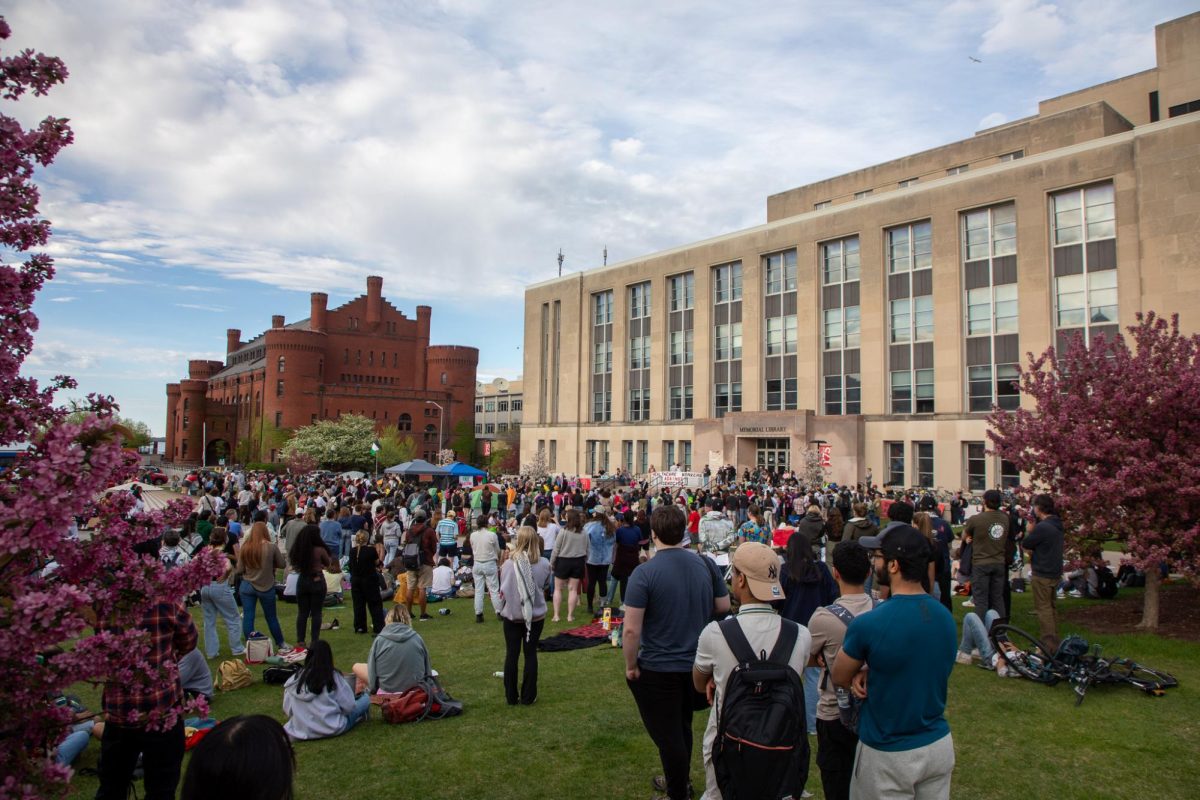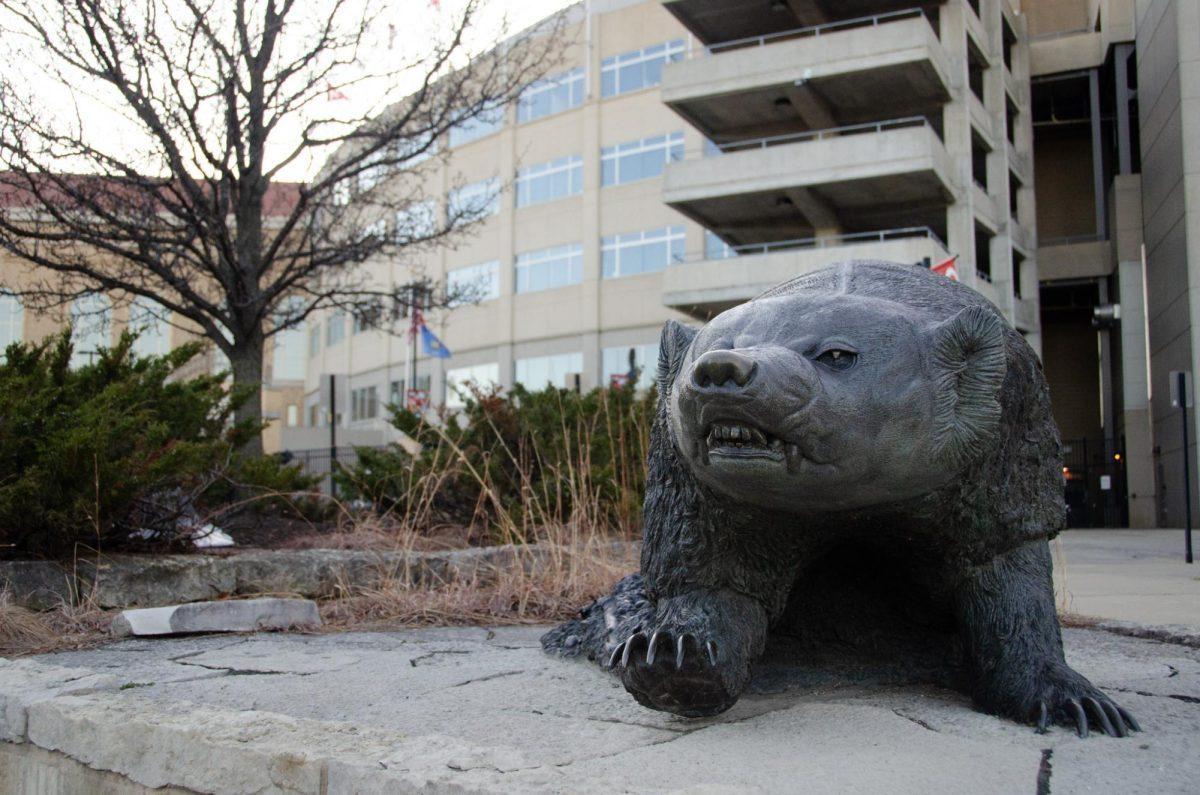Although Pell grants, college tax credits and student loans may not register as major election issues for either Kerry or Bush this campaign season, for many people around the UW, both candidates’ stances on higher education could be deciding factors in determining their vote come November.
Many students are looking to the presidential election this fall as the venue to address problems plaguing higher education in Wisconsin. As they watch UW continue to grapple with rising costs, tuition hikes and decreased accessibility for young people, some students believe this election could be a turning point for the future of higher education.
“I do believe that this election could be a watershed moment for higher education [in which] we decide which values are the dominant values,” co-president of the Teaching Assistants Association Mike Quieto said.
And though some contend decisions concerning UW are made predominantly at the state level, others argue the outcome of this year’s presidential election will play a key role in determining the university’s future — particularly as the school’s budget is projected to grow increasingly tight.
“Tuition has been such a hot button issues at the state level,” Liz Sanger, College Democrats chair, said. “[But], students are smart enough to realize that budgets are being squeezed from the federal government.”
Student Regent Beth Richlen agrees. Richlen argues national decisions and priorities inevitably trickle down locally to affect state institutions like UW.
She points to federal funding for financial aid as a key policy the upcoming election could affect. Richlen, who contends Bush’s record on higher education has proven weak, said Kerry’s pledge to initiate a two-year volunteer program providing for college tuition upon completion could forever change the face of campus demographics nationwide.
“[It] is like introducing the GI Bill to the entire population,” Richlen said. “That could change the entire way a college campus looks,” Richlen said. “Anyone who wants to could get a college education.”
College accessibility remains one of the most significant divergences of priorities between the two campaigns, according to Quieto. He argues Bush considers the ability to go to college a privilege, not a right, while Kerry tries to promote increased access for all young people.
“Kerry believes public education is for the public good and should be publicly funded,” Quieto said, adding the TAA endorsed the Democratic ticket in part because they believe Kerry will make higher education a higher priority in the federal budget.
“You can tell how much you value something by how much you pay for something,” he said, arguing if Bush is re-elected, higher education would continue on a “downward spiral” in which federal grants for research — particularly for stem cell technology — would be “gutted.”
But many Bush supporters disagree with those accusations against the President, pointing to money Bush has allotted to Pell Grants and other student benefits since taking office. In addition, Republicans argue the President’s job of providing for the safety and security of the country over the last four years has impacted students as well.
“I think the President embodies more the direction students want to go in their lives,” Nicole Marklein, College Republican chair, said, pointing specifically to recent reports of a rebounding economy as well as the President’s tax cuts that would keep more of student’s money in their own pockets.
Bush also proposed not to cut funds for the Pell grant program, but to actually increase the resources by $4.1 billion. Bush’s website claims Kerry voted six times against the Expanded Education Savings Accounts program the president supported, stating the program would have provided $4 billion in tax savings for parents to use towards their children’s tuition.
However, Marklein admits Bush has been forced to address immediate concerns like the War on Terror, often pushing domestic concerns such as higher education to the back burner.
“National security and war has to take a precedence first before you can think about domestic issues because you have to be safe first,” she said.
And as both sides continue arguing about higher education, many say the partisan bickering about the fate of universities — transforming the future of institutions like UW into a political point of leverage — is not a good thing. According to Richlen, education should be a given — not an issue up to debate.
“We were all better off in Wisconsin when education was a non-partisan issue,” she said.

















